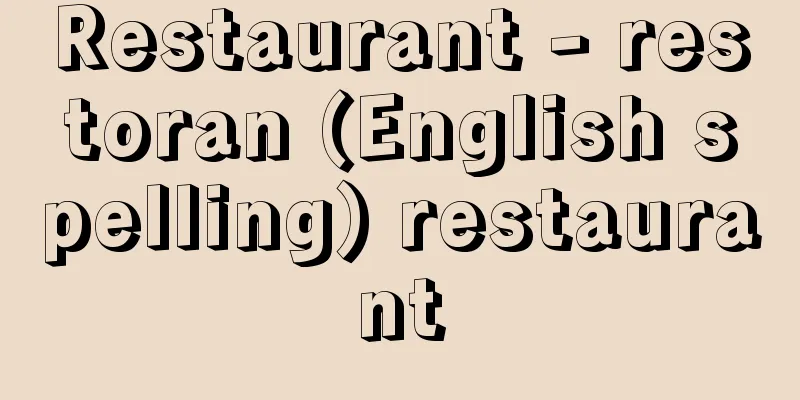Advance - Stop

|
〘 noun 〙 (also "shinji") 1. To advance and stop. To advance or stop. Also, to move troops. ※Beio Kairan Jikki (1877)〈Kume Kunitake〉 1 "When passengers get on or off, the ropes are pulled to give a signal to the driver, who will immediately stop the carriage." 〔Wu Tzu - Jihei〕 2. Behavior. Advance or retreat. Action. Behavior. ※Shouyuki - February 20, 1013 (2nd year of Chowa) "I have decided whether to proceed today, so I will advance and stop as required." ※Shobogenzo (1231-53) 37th chapter, Bodhi Division "Using the teachings of the Hinayana shravakas, I can judge the dignity and progress of the Mahayana bodhisattva teachings." 3. To decide and give instructions on the right or wrong of an action, or a course of action. *Ryōshū Kai (868) official: "The above statement reads: <omitted> Shin was appointed as a minor official and was subsequently appointed as the Minister of State. Meng was then promoted and retained. A formal summons was then given." [Zizhi Tongjian - Records of Empress Wu of the Tang Dynasty] 4. To treat land and people as one pleases. To rule freely. To exercise the right to assign, confiscate , appoint, or remove land or positions. Can also refer to the land or position that is the subject of such assignment. Advancement or retreat. *Heike (early 13th century) 2: "Half the provinces and counties became the property of one clan, and all the countryside was the property of one family. Is this not an unprecedented act of imperial favor?" Source: The Selected Edition of the Japanese Language Dictionary About the Selected Edition of the Japanese Language Dictionary Information |
|
〘名〙 (「しんじ」とも)① 進むことと止まること。進めたり止めたりすること。また、軍勢を動かすこと。※米欧回覧実記(1877)〈久米邦武〉一「客の乗載するとき、或は下り去るときには、其縄を掣(ひき)て御者に相図をなせば、進止即車を止むるなり」 〔呉子‐治兵〕② たちいふるまい。進退。行動。挙動。※小右記‐長和二年(1013)二月二〇日「将三今日可二定申一歟、随レ仰進止」※正法眼蔵(1231‐53)三十七品菩提分法「小乗声聞の法をもて、大乗菩薩法の威儀進止を判ず」③ 行動の是否、方針などを決定し指示すること。※令集解(868)職員「上説云。〈略〉申二少弁以上一。蒙二進止一後。召二式部一付」 〔資治通鑑‐唐則天武后紀〕④ 土地や人間を心のままに取り扱うこと。自由に支配すること。所領、所職について宛行(あておこない・あてがい)、没収や補任(ふにん)、改易の権利を行使すること。またその対象の所領、所職をいうこともある。進退。※平家(13C前)二「国郡半(なかば)過て一門の所領となり、田園悉く一家の進止たり。是希代の朝恩にあらずや」
出典 精選版 日本国語大辞典精選版 日本国語大辞典について 情報 |
Recommend
Kentucky and Virginia Resolutions
Resolutions opposing the Alien and Sedition Acts e...
Trionyx gangeticus (English spelling)
…[Shinichi Suzuki]. … *Some of the terminology th...
Base dissociation constant
... K a is the acid dissociation constant, and p ...
Shinbashi Enbujo Theater
Name of the theater. Planned in 1923 (Taisho 12) ...
Asthenosoma owstoni (English spelling)
… [Minoru Imajima]. … *Some of the terminology th...
Yaeko Nogami
Novelist. Born on May 6, 1885 in Usuki-cho, Oita ...
Removing the bitterness (removing the scum) - Akunuki
Removing bitter, astringent, harsh and other unple...
ring-opening polymerization
… [Other polymerization reactions] [Polyaddition]...
Daigo [town] - Daigo
A town in Kuji District, northern Ibaraki Prefectu...
Renal function tests
Renal function test. The kidneys are responsible f...
Chinese tea
Tea produced in China. Drinking, cultivating, and...
Lost Fish Hook - Lost Fish Hook
...The folk tale "The Dragon Girl of Lake Do...
Bangladesh Nationalist Party
…In December 1977, Ziaur Rahman announced the for...
Lǚ Cái (English spelling)
?-665 A Chinese official in the reign of Emperor T...
Cloud-like Ueno Hatsuhana - Cloud-like Ueno Hatsuhana
A Kabuki play. A domestic drama in seven acts. Wr...
![Oksusu [river] - Okususu](/upload/images/67cfcd3f85b8a.webp)








